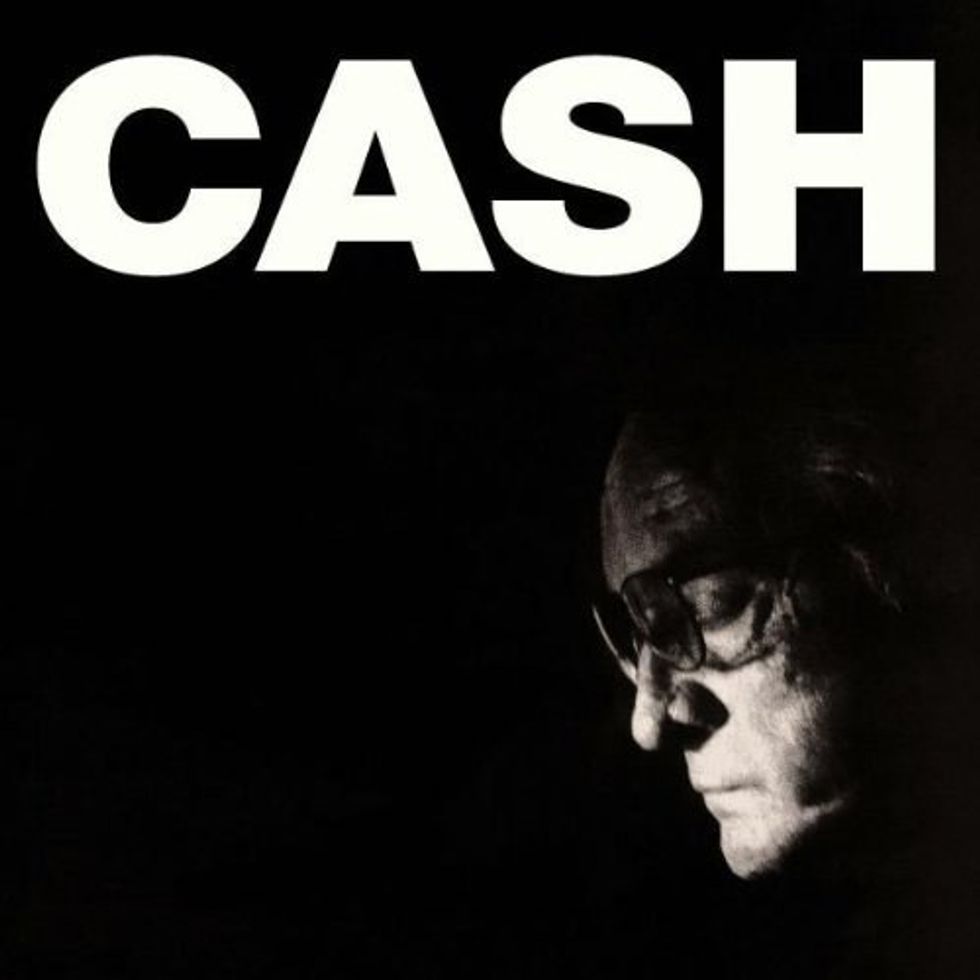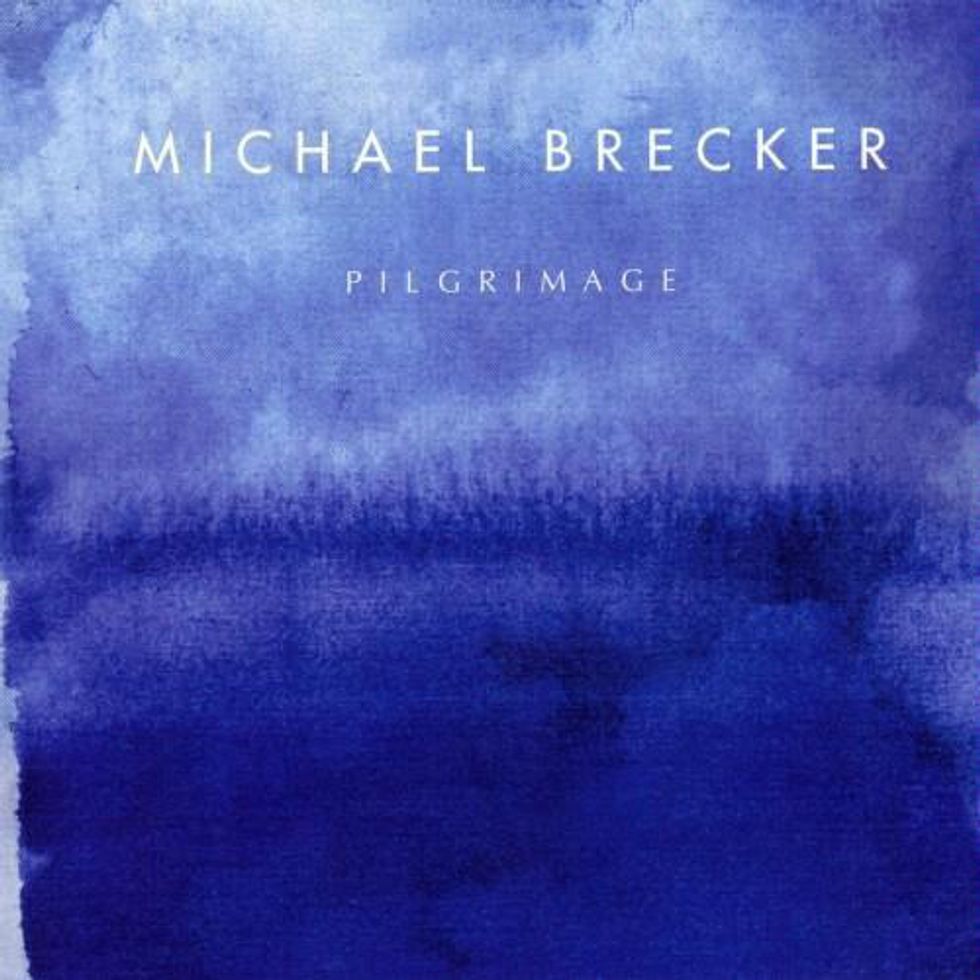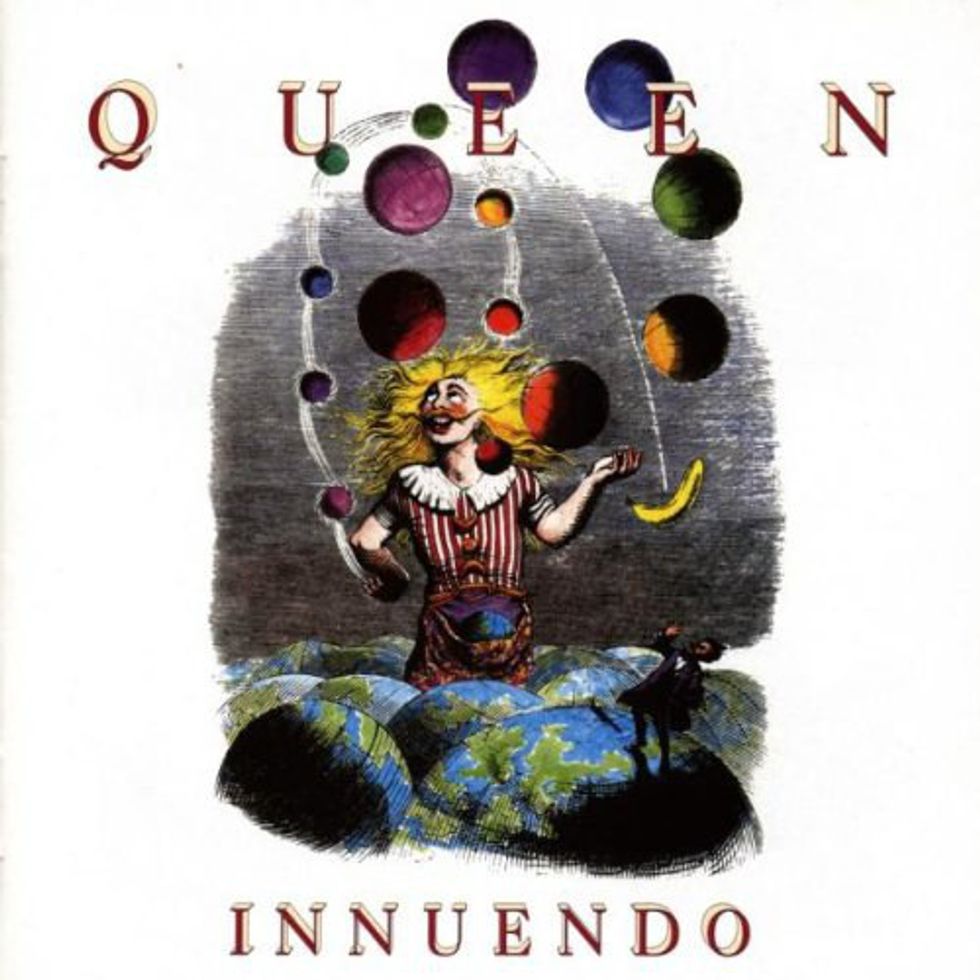David Bowie was, above anything else, a lover of the arts. A renaissance man if ever there was one, known for numerous successful crossovers as a singer, songwriter, multi-instrumentalist, record producer, painter, and actor. Even when his work wasn’t receiving commercial acclaim, very little ceased to explore new musical territory. Bowie’s death marked the end of an innovator and the start of an almost frantic examination of Blackstar, his relentlessly experimental twenty-sixth and final album in a career which spanned over half a century. Intended to be Bowie’s “swan song,” Blackstar explores many concepts concerned with his impending death through an eccentric blend of experimental rock and jazz music. Lyrics like “Something happened on the day he died” and “On the day of execution” merely scratch the surface of the album’s sullen sendoff. But David Bowie isn’t the only one who recorded his last album with death a prominent influence.
Here are several other artists who left the world with one final imprint of their soul on record.
Johnny Cash – American IV: The Man Comes Around
His 87th studio album (wow), American IV is primarily a compilation of covers recorded the year preceding Johnny Cash’s death to diabetes. What speaks to the musician’s mindset is the song selection and the tone in which they are interpreted. Few productions more ostentatious hold the ability to conjure the emotions Cash pulls out with little more than a six-string guitar and his bass-baritone, jailhouse voice. Take the mournful defeat summoned out of Nine Inch Nails’ “Hurt,” its melancholy strip of sound to the raw fundamentals of Cash’s blues style. Trent Reznor (Nine Inch Nails) was initially worried the version may sound gimmicky, but upon watching the music video professed his admiration of Johnny Cash’s cover. Reznor said, “Wow. [I felt like] I just lost my girlfriend because that song isn’t mine anymore.” Johnny Cash’s own “The Man Comes Around” alludes to a religious savior returning to judge the earth with “one hundred million angels singing.” This image is profoundly shattered as Cash mutters in his closing lines, “And I heard a voice in the midst of the four beasts/And I looked and behold: a pale horse/And his name, that sat on him, was Death/And Hell followed with him.”
Michael Brecker – Pilgrimage
After John Coltrane, Michael Brecker holds the title as the world’s most influential tenor saxophonist. Winner of fifteen Grammys and inducted into the Jazz Hall of Fame in 2007, Brecker was critically ill with leukemia when Pilgrimage was recorded though that doesn’t seem to hinder his elevated plateau of musicianship. The album is quite upbeat, seemingly without a note out of place. Brecker’s solo in “Anagram” let's fly an expressionistic flurry of tenor sax followed by Pat Metheny’s own muted guitar statement and some of Jack DeJohnette’s finest drum work on the album. By the time we’re treated to the closing title track—a song tethered to the limits of mortality yet free in the hopeful spirit for something beyond—Brecker has sent us through a passionate frenzy of contemporary jazz, considered by many to comprise the most succinct and brilliant compositions of his entire career.
Queen – Innuendo
Freddie Mercury denied having AIDS up until his public statement on November 23, 1991. He died 24 hours later. Throughout the recording process, Queen alone knew of Innuendo’s assured impermanence and wrote its entirety barring the news that Freddie Mercurywas working on limited time and wanted to record music until the end. He would normally work in the studio for an hour at a time, drinking a few vodkas and propping himself up on the desk to deliver vocals void of any trace affliction. Where previous albums were admittedly prone to squabbles and disagreement, Innuendo is more than Queen’s “return to form;” it is an outpour of affection to both Freddie Mercury’s dying wish and music itself. The title track opens with an ominous drum roll that builds into a guitar-trumpeted march of operatic tenacity, “trying ‘til the end of time.” The dramatic and aptly titled “The Show Must Go On” summarizes Mercury’s survivalist attitude towards AIDS and his determination to smile in the uncertain face of death, as glorious a finale as any fervent artist could hope to impart.
Whether death’s looming company is articulated through Johnny Cash’s somber reflection, Michael Brecker’s saxophone aflame, or Freddie Mercury’s steadfast oath that the show must go on, oblivion inspires in humanity an infinite assortment of replies, each as valid as they are sincere. David Bowie’s Blackstar is the latest snapshot of a dying artist’s soul, a still life that never solidifies, transcends the experimentalist's departure, and—in the spirit of David Bowie—takes on a life entirely of its own.







 StableDiffusion
StableDiffusion StableDiffusion
StableDiffusion StableDiffusion
StableDiffusion Photo by
Photo by  Photo by
Photo by  Photo by
Photo by 
 Photo by
Photo by  Photo by
Photo by  Photo by
Photo by  Photo by
Photo by  Photo by
Photo by 











